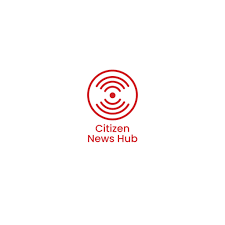The deputy vice-chancellor of the University of Lagos (UNILAG), Prof Obi Chukwu has said he will recommend the Islamic mode of leadership selection process for the. country to adopt as a better means to the popular voting system in operatives.
The university don said he was marvelled at the peaceful process of leadership selection he witnessed at the 33rd annual general meeting and congress of the University of Lagos Muslim Alumni (UMA) on Sunday.
Prof Chukwu said if the country can adopt such a blended shurah and democratic process, there will always be a peaceful electioneering process in the country. He commended the UMA for their support for the varsity over the years.
“I must commend your peaceful election process, I will go back to the VC and tell him that the 2023 elections will be peaceful if the country adopts the shurah system. I have seen a serious combination and blend of democracy with the shurah process in your leadership selection, this process makes everything go peacefully,” he said.
Speaking at the Congress, the immediate past chairman of the UMA, Alhaji Shuaib Afolabi Salis said the elites must exercise their franchise and ensure a credible leader is voted into various elective positions in the country.
He said; “the elites which the alumni constitute a bulk, have a great role to play in shaping the national agenda and educating the populace to shun immediate gratification and other primordial sentiments and elect leaders based on competence, character and commitment to the public good. The elites can no longer sit on the fence or show apathy.
Speaking on the prolonged ASUU strike, Salis who is the Chief of Staff to the Ogun state and s also an Ogun Central Senatorial District candidate of the All Progressives Congress (APC), said stakeholders, alumni associations and others must come together to forge a new way of funding education in the country.
“It is time for alumni associations of tertiary institutions in the country to come together and anchor a national education colloquium in conjunction with other stakeholders to identify and dimension the challenges confronting the education system in the country and prefer practical and sustainable solutions, including evolving a new funding model, amongst others,” he said.

Comments are closed.